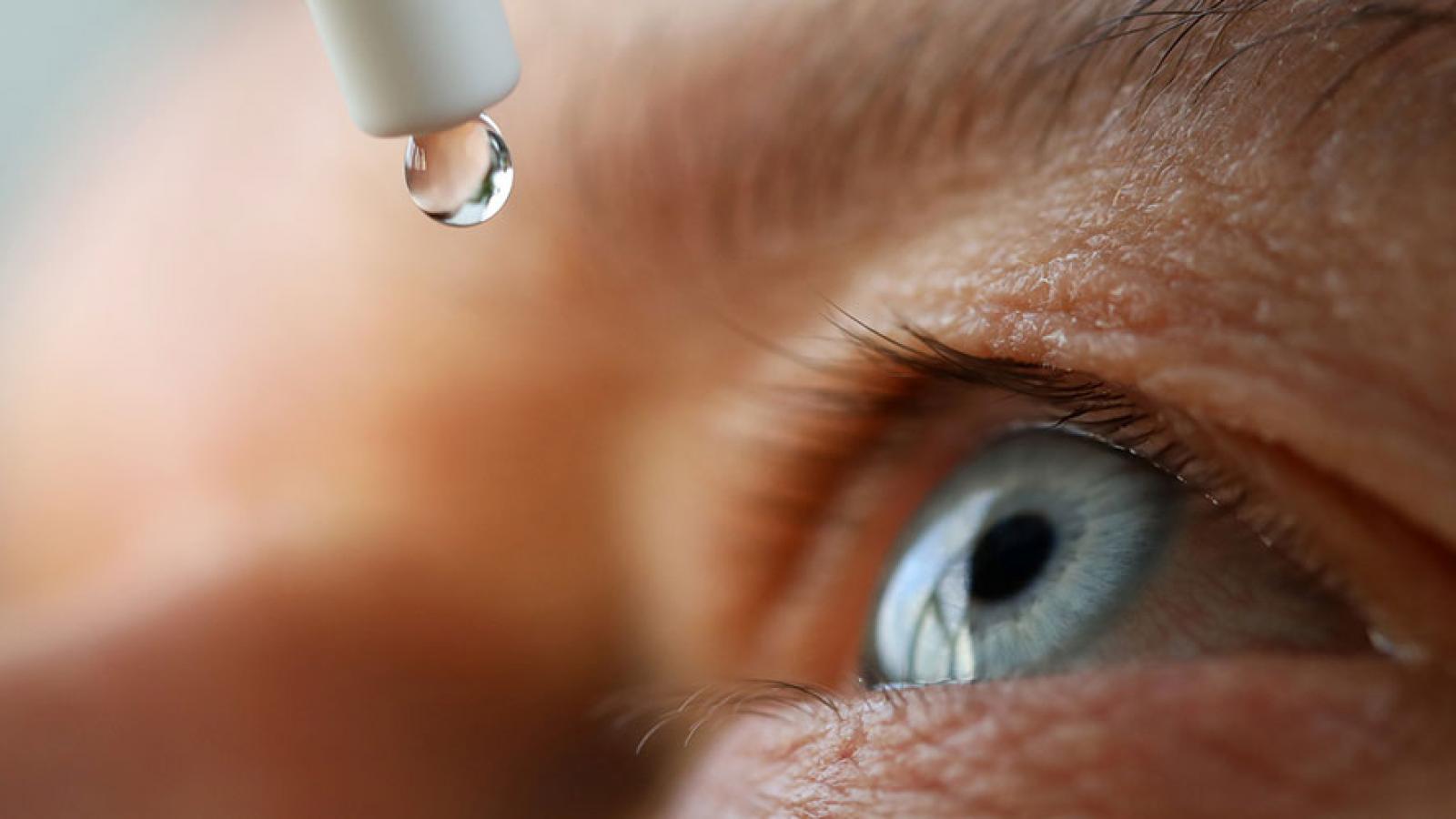What is Glaucoma?
Glaucoma is a group of conditions that damage the optic nerve, the nerve that connects your eye to your brain. The damage is usually caused by high pressure in the eye.
Glaucoma is the leading cause of blindness in the U.S. It often has no symptoms, so people with glaucoma may lose vision without knowing it. Regular eye exams are an important way to catch glaucoma early.
Types of Glaucoma and Glaucoma Symptoms
Open-angle glaucoma
Open-angle glaucoma occurs when the canals that drain your eyes become blocked. This increases pressure in your eye and damages the optic nerve.
Symptoms of open-angle glaucoma include:
- Patchy blind spots in your vision, in one or both eyes
- Tunnel vision
Angle-closure glaucoma
The iris is the part of your eye that opens and closes your pupil to control the amount of light that enters your eye. The iris is what you see when you see someone’s eye color.
If the iris bulges forward, it can block drainage from the eye. When fluid can’t circulate, pressure in the eye increases. This can lead to angle-closure glaucoma.
Angle-closure glaucoma is also called closed-angle glaucoma. Its symptoms include:
- Severe headache
- Eye pain
- Nausea and vomiting
- Blurred vision
- Red eyes
Other types of glaucoma
- Normal-tension glaucoma occurs when the optic nerve is damaged, but eye pressure is normal.
- Pigmentary glaucoma happens when pigment from the iris builds up and blocks fluid from draining from the eye.
Who is at Risk for Glaucoma?
People with a family history of glaucoma are at increased risk of the disease. Other risk factors include:
- High internal eye pressure (intraocular pressure)
- Being over age 60
- Being black, Asian or Hispanic
- Having diabetes, heart disease, high blood pressure or sickle cell anemia
- Having corneas that are thin in the center
- Being extremely nearsighted or farsighted
- Having an eye injury
- Taking corticosteroid medications for a long time
Treating Glaucoma
Glaucoma is sometimes called the silent thief of sight because it has no symptoms in its early stages. Regular eye exams can catch it early, before significant damage occurs.
Treatment focuses on lowering the pressure in the eye. Specific treatment depends on your condition. Options include eyedrops, medications, laser treatments and surgery.
Guthrie’s team of ophthalmologists and optometrists are experienced in diagnosing and treating glaucoma. Learn more here.
Make an appointment by calling 800-4-SIGHT-2 (800-474-4482).
Glaucoma damages the optic nerve and can cause blindness. Guthrie Specialty Eye Care treats the various types of glaucoma.


